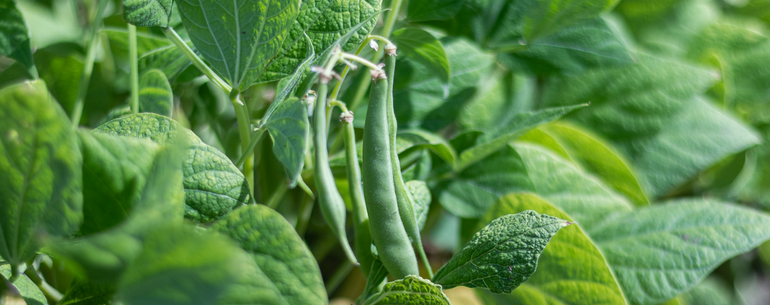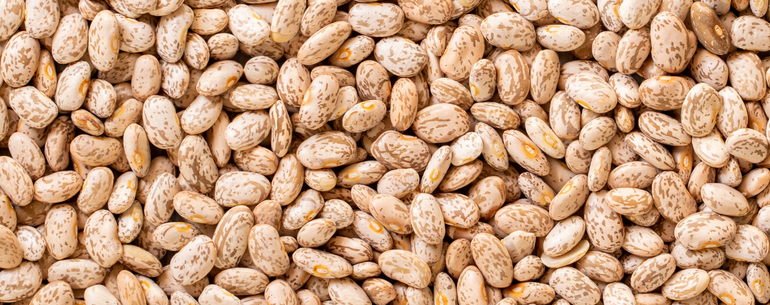Why Was 2016 an Important Year for Beans?
July 11, 2023
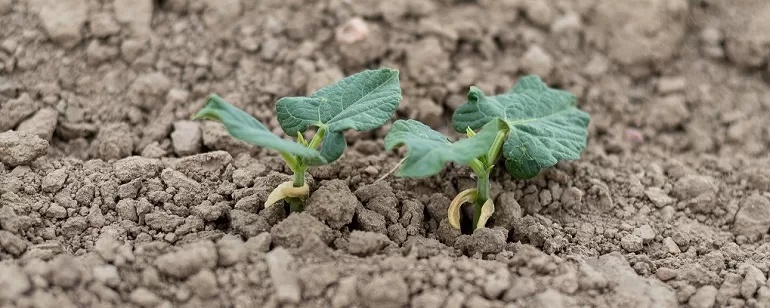
What do you remember about 2016? Many different things may go through your mind, but likely “beans” is not one of them – but it should be! 2016 was a very important year for beans, because the United Nations declared 2016 to be the International Year of Pulses.
First of all, what are pulses? Pulses are non-oilseed legumes (meaning oilseed legumes like soybeans and peanuts do not count) that include beans – like our High Plains pinto, Mayocoba, and orca beans – along with crops such as chickpeas and lentils. In many countries, including the United States, we tend to simply use the word “bean” instead of “pulse.”
Why are beans and other pulses so important that they need a year dedicated to them? Although they “have been an essential part of the human diet for centuries,” the Food and Agriculture Organization of
the United Nations (FAO) explains, “their nutritional value is not generally recognized and the average level of consumption of [beans] remains low. The International Year of Pulses 2016 went a long way to… bring to light the crucial role that [beans] play in healthy diets, sustainable food production, and… in food security. [Beans] truly are nutritious seeds for a sustainable future.”
Here at Northern Feed & Bean, we are honored to work with beans, a food that is so environmentally friendly and also promotes human health.
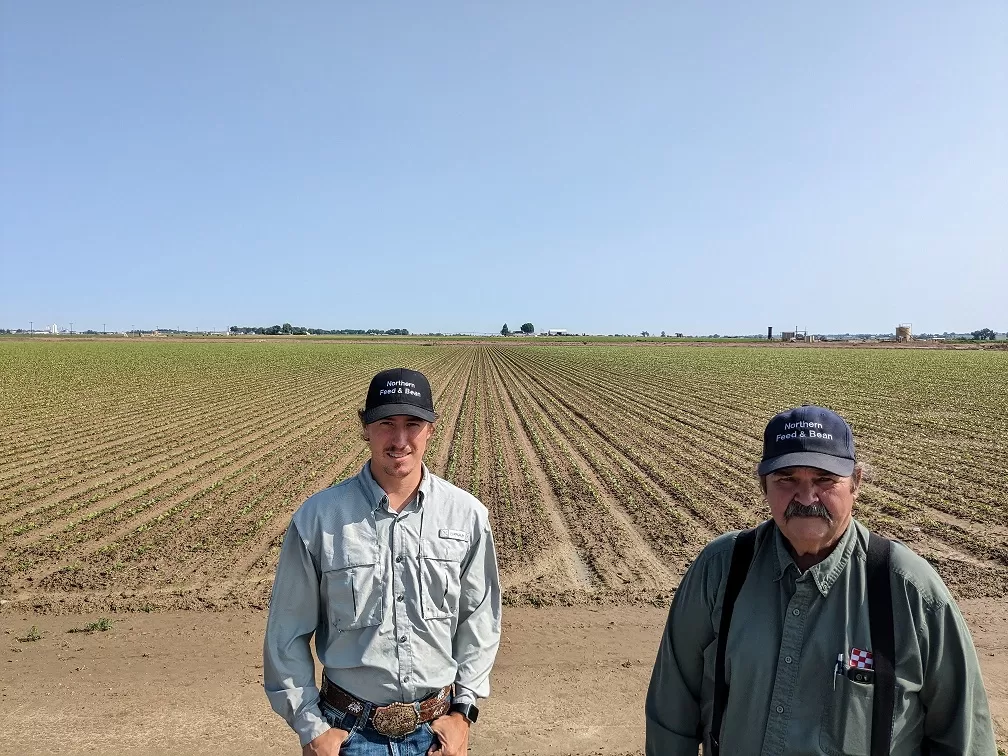
Hunter and Dean of our Northern Feed & Bean team, in a Mayocoba bean field early in the 2023
growing season.
What Does the United Nations Say Are Some of the Main Benefits of Beans?
In the resources that they developed to celebrate the International Year of Pulses, the United Nations highlights the many benefits of beans. Two of the main points they emphasize are the high nutritional quality of beans and the key role beans can play in sustainability.
Beans Have Excellent Nutritional Value
The United Nations specifically discusses 10 nutritional reasons to eat beans in their publication, Pulses: Nutritious Seeds for a Sustainable Future:
- Low-fat. Beans contain virtually no fat, and they are packed full of other healthy nutrition.
- Low sodium. Beans are naturally low in sodium, although of course the final sodium content of a bean dish depends on how you prepare it.
- Good source of iron. Many people around the world – including the United States – are deficient in iron, and iron deficiency anemia is more common in women. Beans can help us get the amount of iron we need to be healthy. To better absorb the iron in beans, combine them with vitamin C, for instance by adding a squeeze of fresh lemon.
- High source of protein. Beans are rich in protein, providing an important source of plant-based protein to help keep you satisfied.
- Excellent source of fiber. Beans are a great way to boost dietary fiber intake. Based on the recommendations in dietary guidelines from many countries around the world, The Global Economy of Pulses, written by FAO, states that “It is clear that a substantial part of such requirements of fiber intake can be met by consuming one cup of [beans] every day.” For example, in the United States, the recommendation for men and women aged 19-30 years old is to get about 34 grams or 28 grams of fiber, respectively. One cup of cooked beans provides about 15 grams, or half this amount. That seems like an easy and delicious way to make sure we all get enough fiber!
- Excellent source of folate. Folate is a B vitamin that plays several important roles, including helping reduce the risk of neural tube defects in newborn babies.
- High source of potassium. Just like dietary fiber, many people in the United States do not get enough potassium. Eating beans can help ensure we all get enough potassium, which can aid in lowering blood pressure.
- Low glycemic index. Beans are a great food choice to help control blood sugar, and the United Nations calls them an “ideal food” for weight management and individuals with diabetes.
- Cholesterol-free. Beans naturally contain no cholesterol.
- Gluten-free. For those with gluten allergies or intolerances, beans are an excellent, healthy food choice because they are naturally gluten-free.
If you want to read more about the many health benefits, of beans, read our article here.
Beans Provide Numerous Environmental Benefits
Just as with human health benefits, beans provide an impressive number of environmental benefits. Based on publications from the United Nations about beans, some of these include:
- Nitrogen fixation. This improves soil fertility and farmland productivity. Including beans can result in higher yields in subsequent crop rotations.
- Reducing the need for fertilizers. Due to their nitrogen fixation abilities, beans require less fertilizers. This, in turn, helps minimize the overproduction of synthetic fertilizers and the associated negative environmental impacts, such as the release of greenhouse gases during fertilizer manufacturing.
- Water efficiency. Beans require less water than other protein sources, helping conserve our water resources.
- Biodiversity. Including beans in crop rotation or intercropping can help promote the biodiversity of both the farm and the soil.
For more details about the sustainability benefits of beans, read our article here.
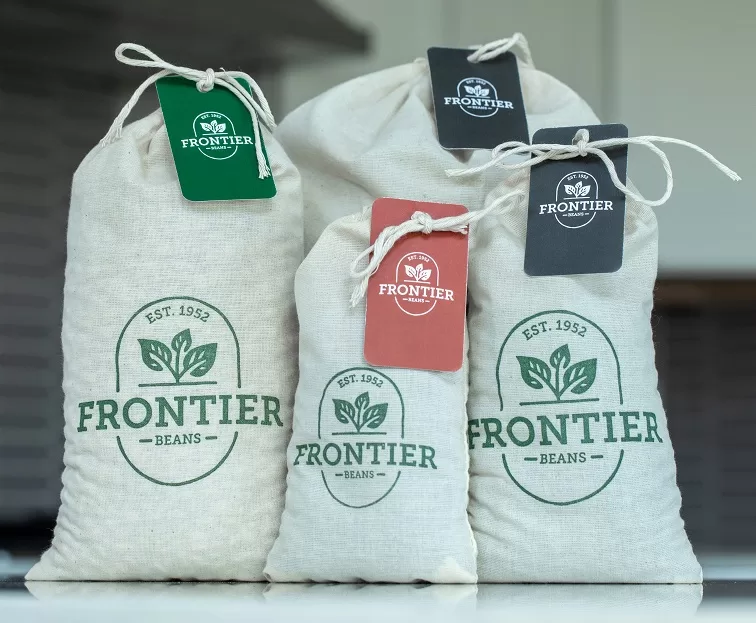
Our high-fiber, high-protein beans provide excellent nutrition, whether you are plant-based or not.
The United Nations Continues to Emphasize the Importance of Beans
2016 undoubtedly played a role in showcasing the incredible benefits that beans have to offer all of us. But the United Nations did not stop there. They went on to name February 10th World Pulses Day so that we are reminded of the importance of beans every year. Mark your calendars with us so that we can all celebrate together!
If you are looking for creative, simple, and tasty ideas on how to enjoy beans for every meal, be sure to check out our post on that and also explore our YouTube channel for recipe inspiration.
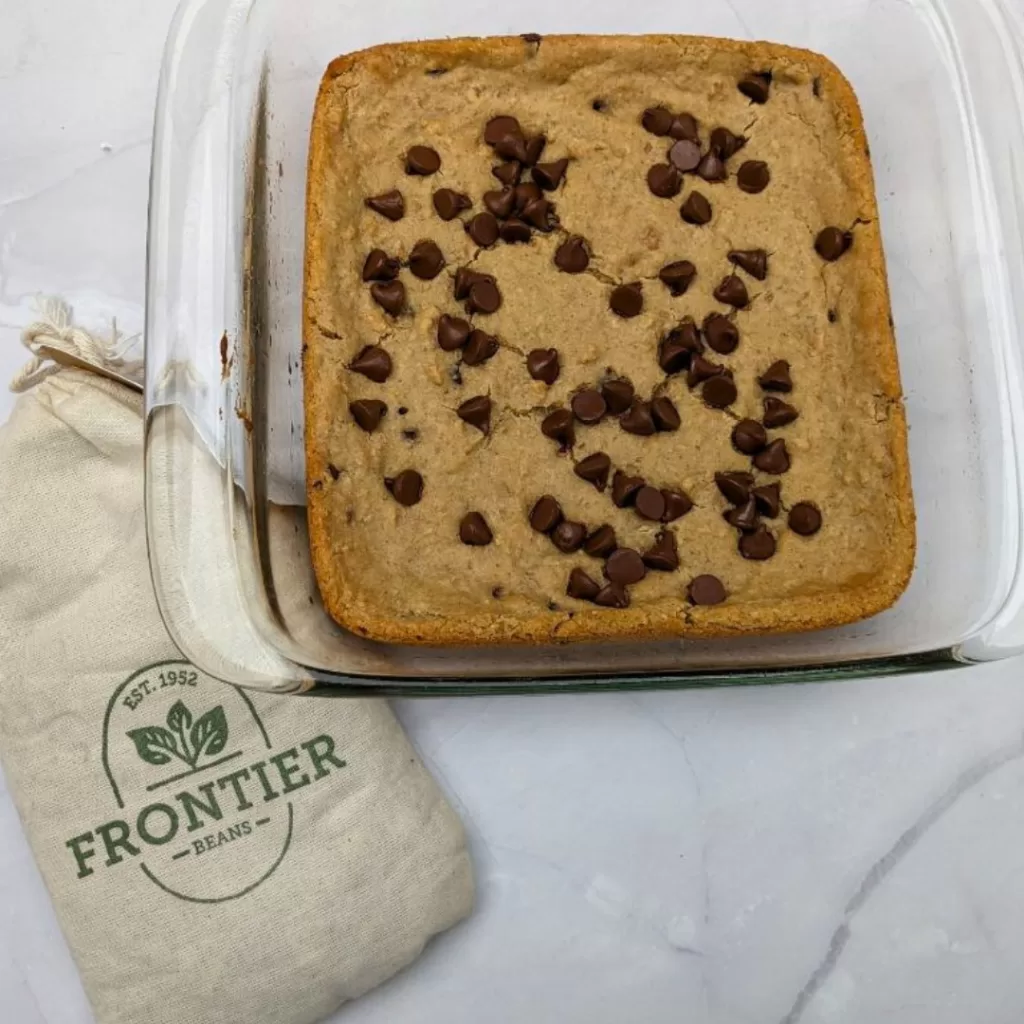
Here at Northern Feed and Bean, we know how we will be celebrating beans, both on World Pulses Day and every day: by working with our incredible group of farmers to grow high quality, delicious High Plains beans for everyone to enjoy.
Access our Amazon store here: High Plains Beans Store

